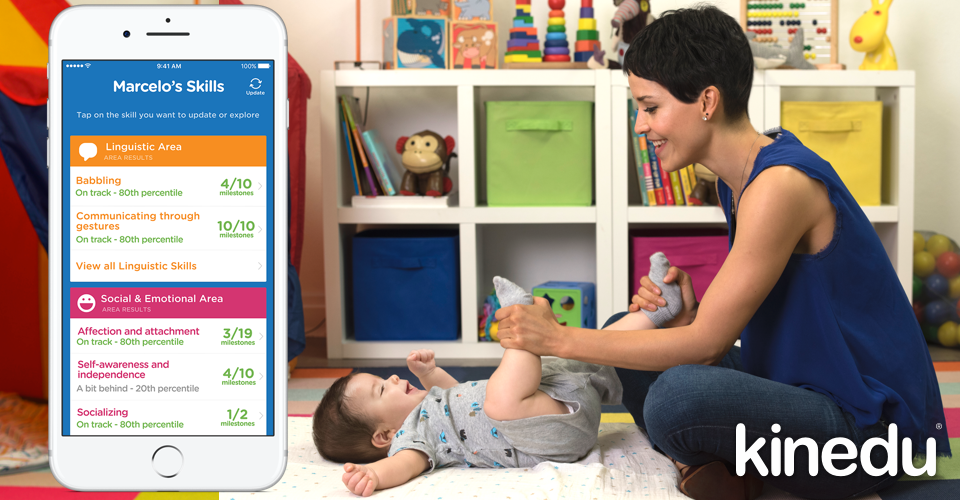Over the past couple of years, we’ve been working on a complete redesign of our milestone and evaluation structure. We are proud to present our new project: Skills®. We’d like to share with you how we came up with a new way to assess early childhood development and give you a better way to understand your baby’s development.
We dug deep into our milestones – over fifty million individual data points, and we came to learn that our milestone structure needed an upgrade – a better way to present milestones to families, to get accurate data and to provide more personalized activity plans.
First, came a full revision of every last one of our 550+ milestones. We collaborated with Professor Michael Frank from Stanford University to produce a final list. Based on his suggestions, we reviewed them to eliminate redundant items, non-observable ones, and also consolidated the ones that measured two skills in one. With this revision, also came a full revision of each milestone’s attributed month according to CDC and AAP standards, along with other evidence-based studies, and the data from over half a million families.
From this analysis, we realized that milestones could be grouped into “families” of milestones that described the development of specific skills in a child. This provided an opportunity to improve how we cluster our data, and this in turn came with a complete redesign of our assessments as well. Instead of following age ranges and developmental areas, our milestones now follow skills – regardless of age (although age is important to understand developmental variability!).
For example, milestones that led to being able to crawl, such as posture on all fours, sliding on the floor, and crawling, have all been categorized into a separate skill: Crawling. Users will now be able to see at a glance how their baby is doing in developmentally appropriate skills, like walking, babbling or imitating. This will allow us to display milestones to our users without limiting which ones we show based on their baby’s age. Since every baby develops at his or her own pace, this is something imperative. More importantly, grouping milestones in such a way allows us to measure variability in development – recognizing and pointing out (with data!) that it is perfectly OK for babies to say their first words before walking or walk before talking. In the end, our data uncovered 26 major groups of milestones, which we believe are the core developmental skills for every child.
Finally, we conducted a survey to validate our research-based assessment and the way we clustered them into skills. We gathered over 2,000 responses and were able to measure each skill and milestone individually, obtaining an age of acquisition for each one. We understand the role variability plays in early child development, which is why we’ll now present progress resulpfts with percentiles for every skill. Percentiles can help our users gain a better understanding of how their child is doing compared to other children his or her age. With this new data, we can now present our users with more exact and detailed information on their baby’s progress.
This comprehensive revision of our milestones will lead to a better user experience, provide more accurate data for analysis, and therefore give us the tools we need to be able to offer a more detailed, evidence-based report on each baby’s progress. This has been something we’ve been planning and working on for some time now – so we’re extremely excited to be able to release it soon. We hope you enjoy our product re-design: it’s been two years in the making, and we hope it drives our collective understanding of early childhood further.








